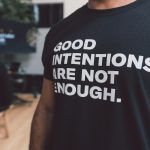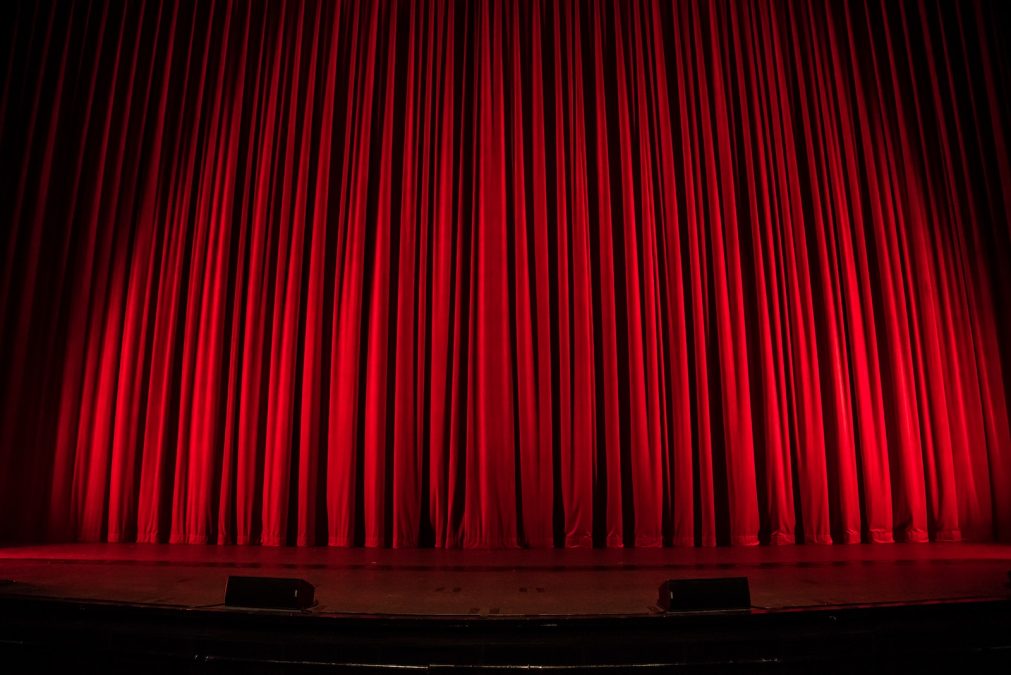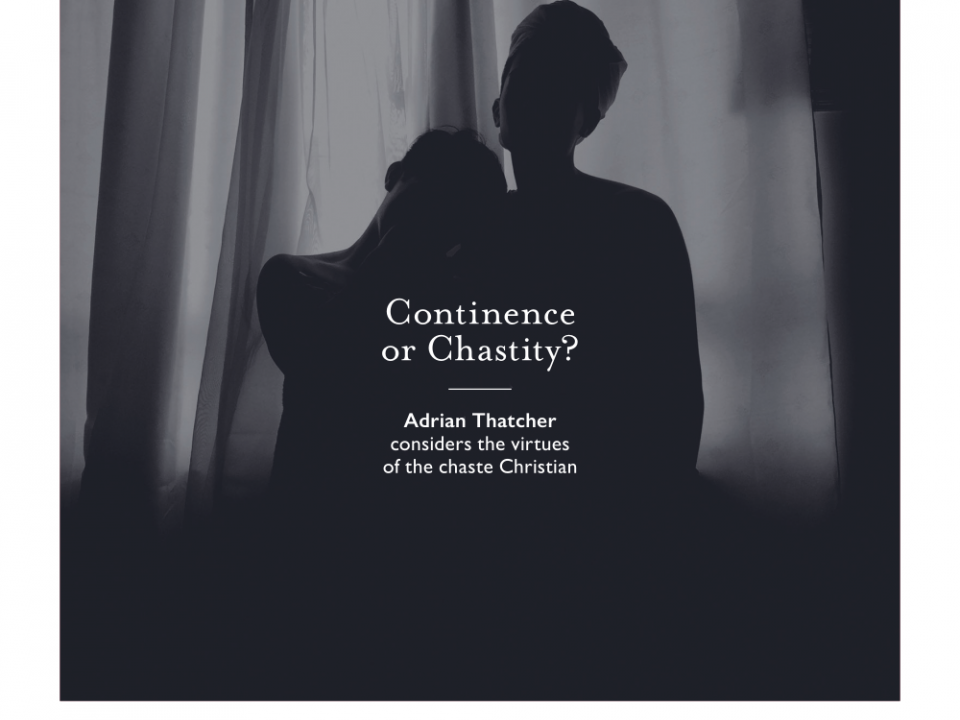
Rebecca Parnaby-Rooke: Micro-aggressions in Church
August 30, 2023
Alison Webster “Collectives: our Hope for the Future”
September 28, 2023This article was originally published in Signs of the Times, the newsletter for members of Modern Church. If you would like to receive more excellent content, please do consider becoming a member.
Augusto Boal was a Brazilian theatre director and later politician, who founded the ‘Theatre of the Oppressed’ movement and in particular Forum Theatre in the 1970s. His methodology and practice is still used today in streets, schools, prisons, community centres and parks, globally. It has been transforming societies for the past 50 years. Forum Theatre works like this: people experiencing oppression of some kind (political, social, domestic), are invited to re-enact scenes from their lives. The audience, representing people experiencing similar oppression, see the situation played out, and are then invited to intervene in the scene, playing the role of what Boal named the ‘spect-actor’: the spectator who acts. So if an audience member sees or hears something in the scene they disagree with or want to change, they stop the action and step in to replace one of the actors. The scene begins again and continues until another intervention. And so on. The scene imagines and plays an alternative outcome for the oppressed, where the oppressor’s power is dismantled; effectively, the rehearsal of a better future.
This gift of seeing the present, imagining and rehearsing the future, offered by the arts, should resonate with Christians, believing as we do in the possibility of all things being made new. Yet maintaining that belief isn’t easy. Every day, the rea- sons to lose hope swirl, vulture-like, around our best intentions, ready to swoop in. From immeasurable global crises to insurmountable local problems, there is plenty to fuel inertia, even despair in a believer’s heart. How long, oh Lord, until we see a glimpse of the new heaven and new earth we read of? Yet in the face of (indeed perhaps because of), the seemingly impossible, artists refuse to stop creating work that reflects the times we are in. None more so than artists who choose to take their work outside the institutional walls, to co-create with communities where injustice has made itself at home, playing guides to what is, and collaborators in building the new future of which Boal speaks.
Over the last two years, I have worked alongside a small charity based in south-east London, called ‘Creating Ground.’ We met as members of Citizens UK, the home of community organising. Creating Ground works with migrant women of different backgrounds through collaborative arts practice and campaigning. We partnered on the creation of a piece of performance to kick-start their “Notice Us” campaign highlighting the injustices experienced by people living in temporary accommodation in south-east London. In particular, the campaign asks for fair notice periods for tenants, and Wi-Fi to be functional in all temporary accommodation.
Via a process of devising and writing over a number of weeks, the women shared their experiences. And because joy is an act of resistance, we avoided locating the performance in the unhappy, even traumatic environment of a housing office. Instead we relocated it to a metaphorical shoe shop. Playing the unreasonable, impenetrable shoe shop assistant-cum-housing officer gave the performers a chance to make fools of the supposed wise who have such power over their lives. We laughed a lot.
‘The Shoe Shop,’ created, rehearsed, performed and recorded on Zoom towards the end of the pandemic (https://www.youtube.com/watch?v=2qjZS92NS-U), has since been shared with others living in the same situation as well as the local authority and, significantly, decision-makers. Through com- munity organising it is gaining a wider audience and building power: the local authority has sent a survey to tenants in temporary accommodation, assessing the lack of Wi-Fi provision. Once the survey has been completed, the Local Authority has agreed to work with Creating Ground to lay the foundation for Wi-Fi to be made available in all temporary accommodation in the borough. We believe change will come. Not simply because we are hopeful. But because through creation and performance, the transformed story is embodied by those who live the present version. They physically bear that hope to others who have yet to imagine it. Confucius said, ‘I hear and I forget; I see and I remember. I do and I understand.’ These public spaces of creative participation and ‘doing’ are vital to our shared life.
God invites us to see injustice near and far. The Spirit generously enables us to imagine the transformation of that injustice. The next part of the story, as Jesus demonstrated, and as artists show us, is to do. To make. To act. To embody. To rehearse the kingdom here on earth; rather than just waiting for it.
Rachel Griffiths makes theatre for social change with groups who find themselves on the social margins in the UK and abroad.
Contact: racheltgriffiths@gmail.com
For further information about ‘Creating Ground’, see: https://www.theground.org.uk




